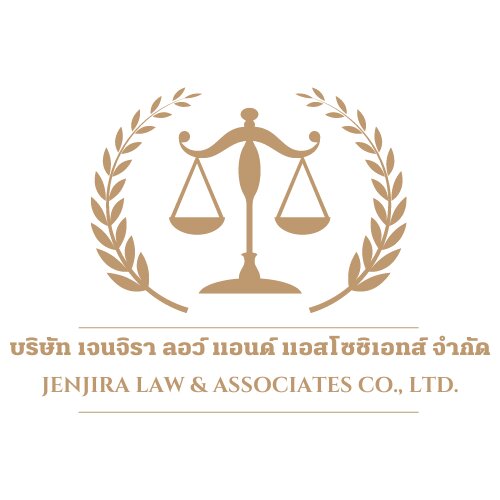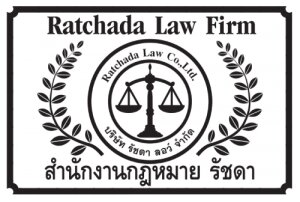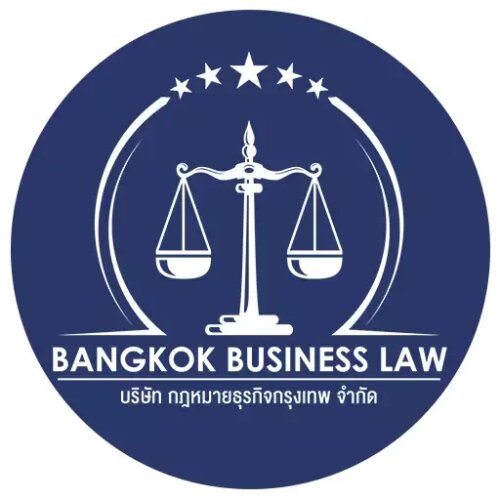Best Public-Private Partnerships (PPP) Lawyers in Bang Kapi
Share your needs with us, get contacted by law firms.
Free. Takes 2 min.
List of the best lawyers in Bang Kapi, Thailand
About Public-Private Partnerships (PPP) Law in Bang Kapi, Thailand
Public-Private Partnerships (PPP) in Bang Kapi, Thailand, refer to collaborative projects between government entities and private sector organizations aimed at delivering public infrastructure or services. PPP is a strategic approach used to leverage the expertise, efficiency, and finances of the private sector while meeting public needs. In Thailand, PPPs are regulated both at the national and local levels, with specific guidelines for activities taking place in districts like Bang Kapi. These partnerships frequently focus on areas such as transportation, utilities, healthcare, and urban development, but can also extend to education, environmental projects, and public housing. Understanding the legal framework governing PPPs is crucial for anyone wishing to engage in such projects within Bang Kapi.
Why You May Need a Lawyer
Engaging in a PPP project in Bang Kapi often involves complex legal agreements, regulatory approvals, and compliance with both local and national laws. Here are common situations where seeking legal assistance is advisable:
- Drafting, reviewing, or negotiating PPP contracts and agreements
- Ensuring compliance with Thai PPP laws and local ordinances
- Navigating the competitive bidding and procurement process
- Resolving disputes between public agencies and private partners
- Assessing risks and liability exposures in PPP projects
- Advising on land use, environmental regulations, or construction permits
- Handling issues related to project financing and investment structuring
- Understanding tax incentives or obligations relevant to PPP arrangements
- Assisting with public consultation and stakeholder management
- Guiding foreign investors on restrictions and opportunities in Bang Kapi
A legal expert with knowledge of local PPP laws can help you avoid common pitfalls and ensure that your interests are protected throughout the lifecycle of the project.
Local Laws Overview
Local laws and regulations play a significant role in shaping the PPP landscape in Bang Kapi, as this district operates under the broader national framework set by the Public-Private Partnership Act B.E. 2562 (2019) of Thailand. Key aspects include:
- Project Screening and Approval: PPP projects in Bang Kapi require detailed proposals, feasibility studies, and must pass review by relevant district and national committees.
- Bidding and Procurement: Laws mandate transparent, fair, and competitive bidding processes, with clear criteria for project award and monitoring.
- Contractual Obligations: Specific clauses around risk sharing, financing, performance standards, and termination are governed by legally binding regulations.
- Land Use and Environmental Compliance: Projects must comply with Bang Kapi zoning rules, land acquisition procedures, and environmental impact assessments as per Thai law.
- Foreign Investment Rules: There are restrictions and requirements for foreign participation and capital in PPP projects that must be carefully observed.
- Dispute Resolution: Local and national mechanisms exist for resolving contractual disputes, often favoring arbitration or mediation.
Understanding these local regulations is crucial for developing, implementing, and managing a successful PPP project in Bang Kapi.
Frequently Asked Questions
What is a Public-Private Partnership in the context of Bang Kapi, Thailand?
A Public-Private Partnership (PPP) in Bang Kapi is a cooperative arrangement where a government agency and a private company jointly deliver a public asset or service, sharing responsibilities, risks, and rewards.
Which sectors commonly use PPP in Bang Kapi?
PPPs in Bang Kapi are common in transport infrastructure, water and sanitation, energy, healthcare, education, and urban redevelopment projects.
Are there any special laws for PPPs in Bang Kapi?
Yes, Thai national laws, such as the PPP Act B.E. 2562, set the legal framework, but Bang Kapi may have additional rules and procedures regarding project approvals and local compliance.
What governmental body oversees PPPs in Bang Kapi?
PPP projects in Bang Kapi are generally overseen by the Office of the Public-Private Partnership Committee under the Ministry of Finance, in coordination with local district offices.
How are PPP projects approved in Bang Kapi?
Projects must pass through a rigorous project screening, feasibility assessment, and approvals at both district and national government levels before proceeding.
What is the process for choosing a private partner in a PPP?
A competitive bidding process is usually required, with transparent selection criteria and public announcement of opportunities.
Do foreign investors face restrictions in Bang Kapi PPPs?
Yes, there may be limitations on foreign ownership and participation, as well as specific approval requirements depending on the sector and project scale.
What happens if a dispute arises in a PPP project?
Most PPP agreements include dispute resolution mechanisms, often involving negotiation, mediation, arbitration, or, where needed, court proceedings following Thai law.
How are risks typically allocated in PPP agreements in Bang Kapi?
Risks are usually shared between public and private partners based on their ability to manage them, with specifics outlined in the contract.
Why is legal counsel important for a PPP project in Bang Kapi?
Legal counsel ensures compliance with all applicable laws, safeguards your interests in contract negotiations, assists in dispute resolution, and helps navigate complex regulatory environments.
Additional Resources
For further information or support related to PPPs in Bang Kapi, consider contacting or consulting the following resources:
- Office of the Public-Private Partnership Committee (Ministry of Finance)
- Bang Kapi District Office
- Thailand Board of Investment (BOI)
- Department of Public Works and Town & Country Planning
- Legal Aid Centers affiliated with the Lawyers Council of Thailand
- Private sector chambers of commerce active in Bangkok
- Relevant industry associations depending on the sector (e.g., construction, transportation)
Next Steps
If you are considering engaging in a Public-Private Partnership in Bang Kapi, Thailand, here is how to proceed:
- Clearly define the scope and objective of your project or involvement.
- Research relevant laws and regulations at both the national and Bang Kapi district level.
- Prepare necessary documentation, such as business proposals and feasibility studies.
- Consult with a lawyer specializing in PPP and public infrastructure law in Bangkok or Bang Kapi.
- Engage with relevant government bodies early in the process to understand specific local requirements.
- If you face challenges, consider leveraging resources provided by legal aid centers or business associations.
Legal support at each step is recommended to ensure a smooth and successful PPP experience in Bang Kapi.
Lawzana helps you find the best lawyers and law firms in Bang Kapi through a curated and pre-screened list of qualified legal professionals. Our platform offers rankings and detailed profiles of attorneys and law firms, allowing you to compare based on practice areas, including Public-Private Partnerships (PPP), experience, and client feedback.
Each profile includes a description of the firm's areas of practice, client reviews, team members and partners, year of establishment, spoken languages, office locations, contact information, social media presence, and any published articles or resources. Most firms on our platform speak English and are experienced in both local and international legal matters.
Get a quote from top-rated law firms in Bang Kapi, Thailand — quickly, securely, and without unnecessary hassle.
Disclaimer:
The information provided on this page is for general informational purposes only and does not constitute legal advice. While we strive to ensure the accuracy and relevance of the content, legal information may change over time, and interpretations of the law can vary. You should always consult with a qualified legal professional for advice specific to your situation.
We disclaim all liability for actions taken or not taken based on the content of this page. If you believe any information is incorrect or outdated, please contact us, and we will review and update it where appropriate.










